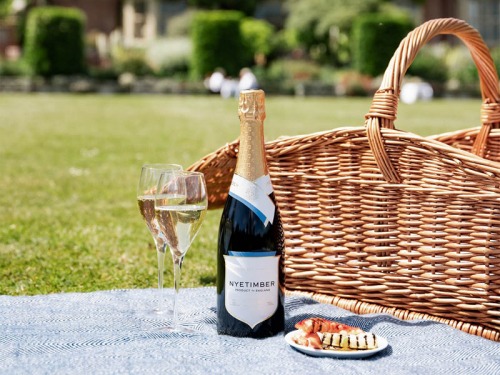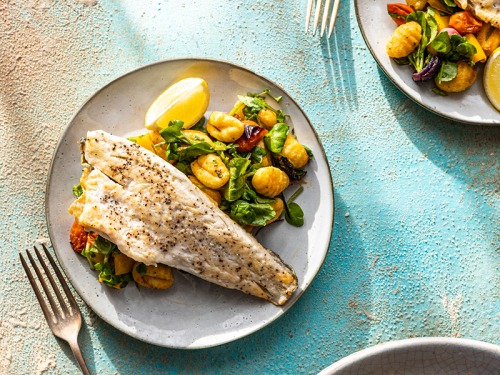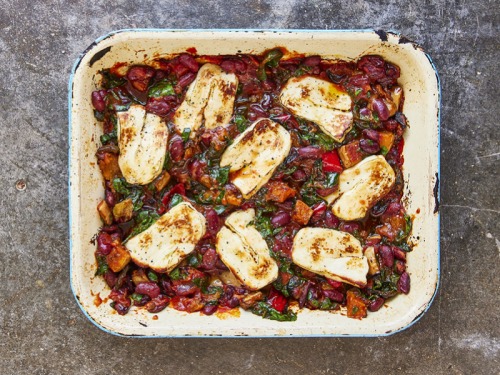We Discover Why We Should all Be Drinking English Wine with Little Wold Vineyard's Alice Maltby
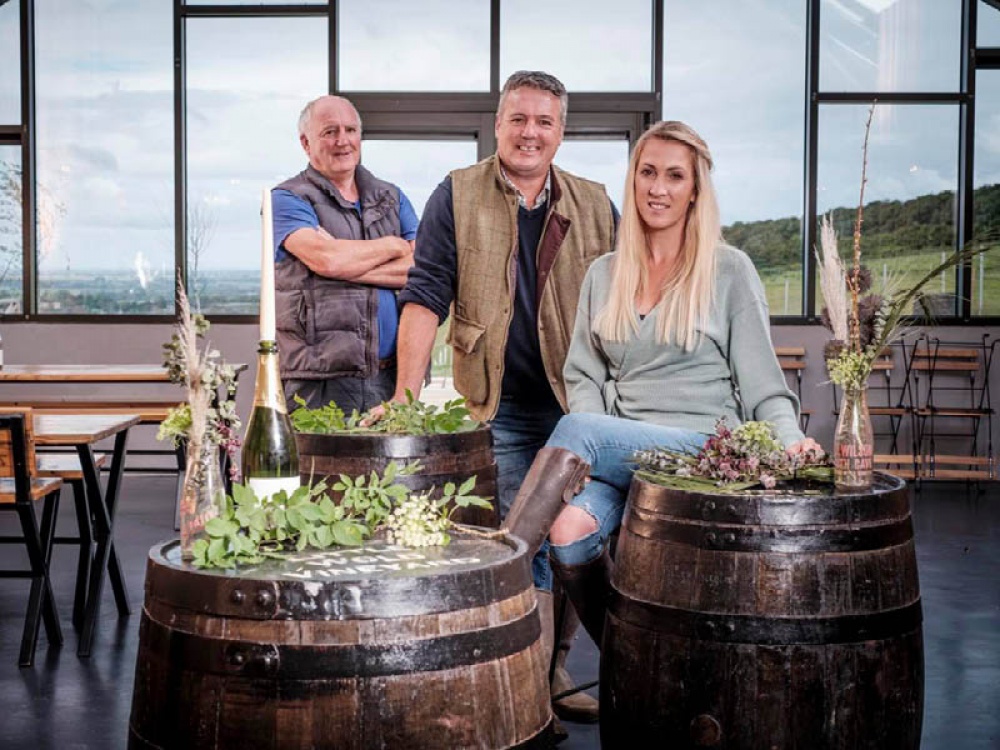
Little Wold Vineyard are paving the way on the Northern vineyard scene
The journey began after Alice’s father, Robert Wilson, came across the idea of planting vines on the farm. ‘English sparkling wine at the time was just becoming a thing and winning wine competitions against the big Champagne houses,’ Alice says. ‘What you needed to start a vineyard was a south-facing chalk hill which is exactly what we have, so my dad found a local vine dealer and had our soil tested and in 2012 we planted 2,000 vines.’
Now with more than 20,000 vines across the farm, as well as managing two other vineyards, Little Wold Vineyard have been able to increase their production. ‘You don’t actually have any wine for four years when you put the vines in the ground. It’s a slow game but once it’s going it’s going, and we are in control of the whole production, from planting the vines, to growing and harvesting them, then making the wine onsite in our own winery, as well as selling the wine direct to the customer,’ Alice explains.
Covering 12 acres and having produced more than 70,000 bottles of wine to date, Little Wold Vineyard are paving the way on the Northern vineyard scene. ‘As far as I’m aware we are the largest vineyard in Yorkshire. We have a small amount of grapes which you’re probably familiar with such as the pinot noir and the chardonnay, but the majority are varieties such as rondo, regent, solaris, seyval, Madeline Angevine and phoenix, as well as a small amount of bacchus. These grape varieties are designed to be grown in a cooler climate and don’t need as high temperatures to achieve the sugar levels within the grapes that we need to produce the alcohol and the flavour.’
Read More: Eight of the Best Summer Wines to Drink this Season from the Experts at Bon Coeur
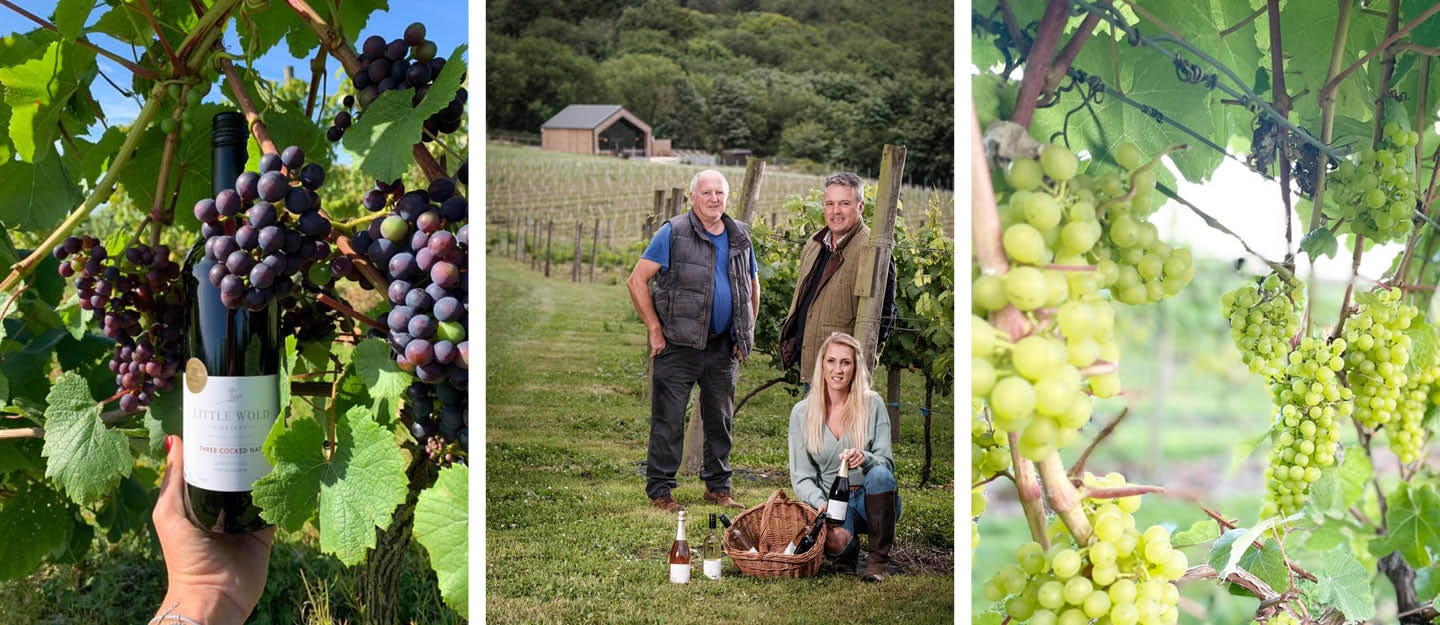
‘Covering 12 acres and having produced more than 70,000 bottles of wine to date, Little Wold Vineyard are paving the way on the Northern vineyard scene’
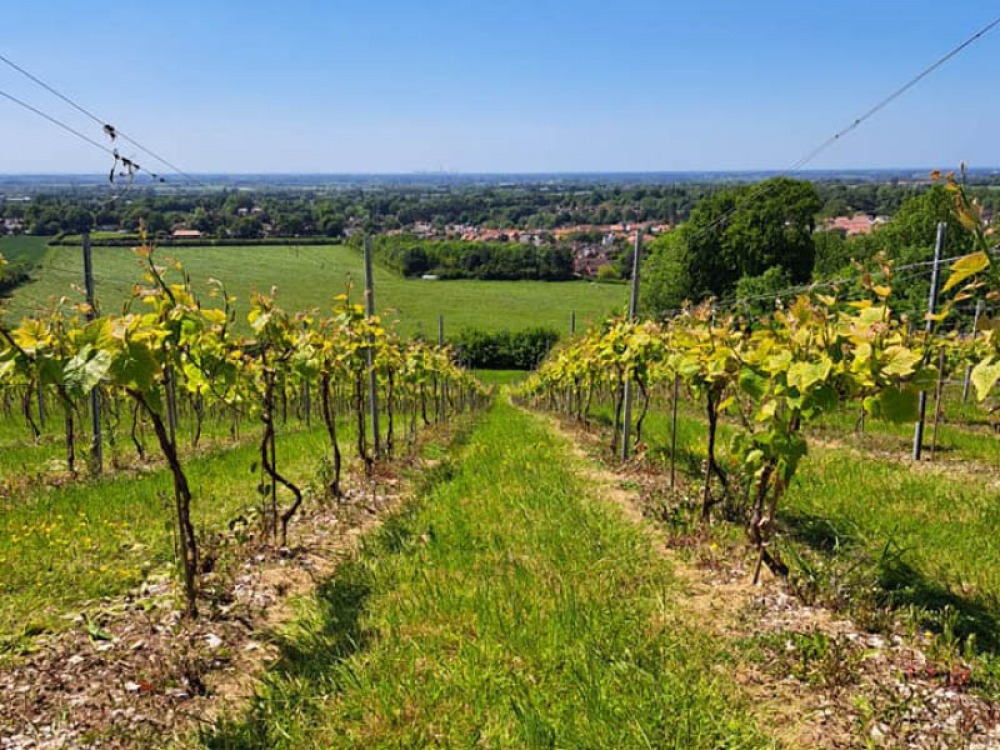
Despite the Wilson family not having much experience with wine when they started the business more than 10 years ago, Alice explains that they did have one big advantage to creating a successful business. ‘My dad and brother have a lot of farming experience so they know how to look after plants and how to look out for disease, as well as how to use as few chemicals as possible to get the best results. The vines have to be very closely monitored and the majority of the work we do is by hand, which means we can spot things quickly and make sure they get the best chance possible,’ she says. Only yielding one harvest a year means the growing period is critical, especially in the varying weather Yorkshire can face. ‘Hot weather is brilliant but you can also take too many leaves off the vines causing sunburn – but also the cold and damp weather can create mildew. You have to know how to manage the vines in different conditions and it’s something you’re visiting constantly throughout the growing season,’ she adds.
Although the production of English wine is heavily concentrated in the south of the country, Alice explains that Little Wold Vineyard is in the perfect location for production and growth. ‘We’re very fortunate that where we are on the Yorkshire Wolds is actually the same band of chalk which runs down onto the south coast and through into Champagne. The English wine industry began in the south of England and they planted mainly the Champagne grapes because it was getting too hot in Champagne for them to keep the sugar levels down enough to make sparkling wine,’ she explains. ‘We were at the Wine GB Awards last year and Oz Clarke [one of the world’s leading wine experts] said that in the next 10 years Yorkshire will be exactly the same climate as Champagne because of things like climate change causing warmer temperatures. Especially for sparkling wines, you don’t need as much sugar in the grapes because it goes through a second fermentation, so the cooler climate is actually good for the vines.’
If you’ve tried English wine before you’ll perhaps have tried a sparkling wine, however Alice believes there is a push now being made towards still. ‘I think English sparkling wine has had a lot of really good marketing behind it and it has been a focus down south for its similarity to Champagne. But English still wine is actually just as popular,’ she says. ‘For us we probably sell more still wine than sparkling, and our red wine in particular is one of our bestsellers, which goes against the grain a little bit. As business owners who didn’t come into the industry with a background in wine, we’ve just created the wines as we like them, and it seems we like what everyone else likes.’
The process of making English wine is just the same as it would be in any other grape region. ‘We grow the grapes and harvest them by hand, which I think the majority of places in the UK do – it helps maintain the quality as you’re only picking the nice grapes and they get well looked after before they get to the winery. They then go through a winery as they would anywhere else in the world and the process is pretty much the same,’ Alice explains.
‘English wine has got a bit more of a personal touch rather than something which is bought off a shelf in a supermarket’
Unlike those in France and Spain, at the moment wine makers in England aren’t governed by appellations which restrict the varieties of grapes and how long they are grown for. ‘We don’t have to do that yet and I think that’s exciting, because it means we can try different things whilst always maintaining a standard. We have a bit more flexibility and we’re kind of setting the rules here,’ Alice adds.
More than ever people are looking to shop more locally and this includes where they buy their wine from. ‘I think there are a few reasons [why more people are turning to English wine]. I think the more people hear about it, the more they realise it’s good and I think the sustainability element of it in that it’s local, they can see where the wine has come from and that it’s not got a lot of miles [is an appeal]. I also think people are seeing that there are real people behind the brands – English wine has got a bit more of a personal touch rather than something which is bought off a shelf in a supermarket,’ Alice says.
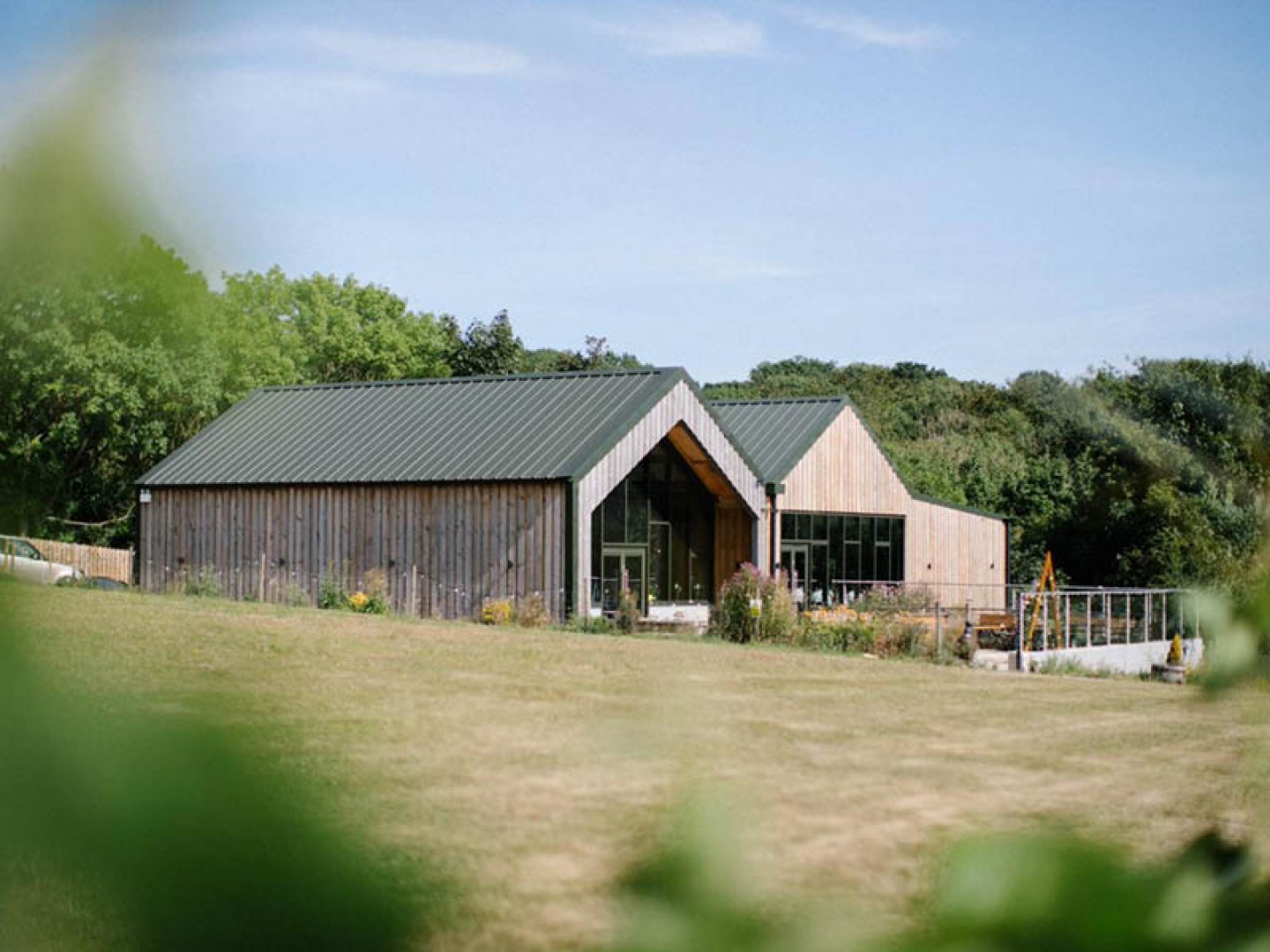
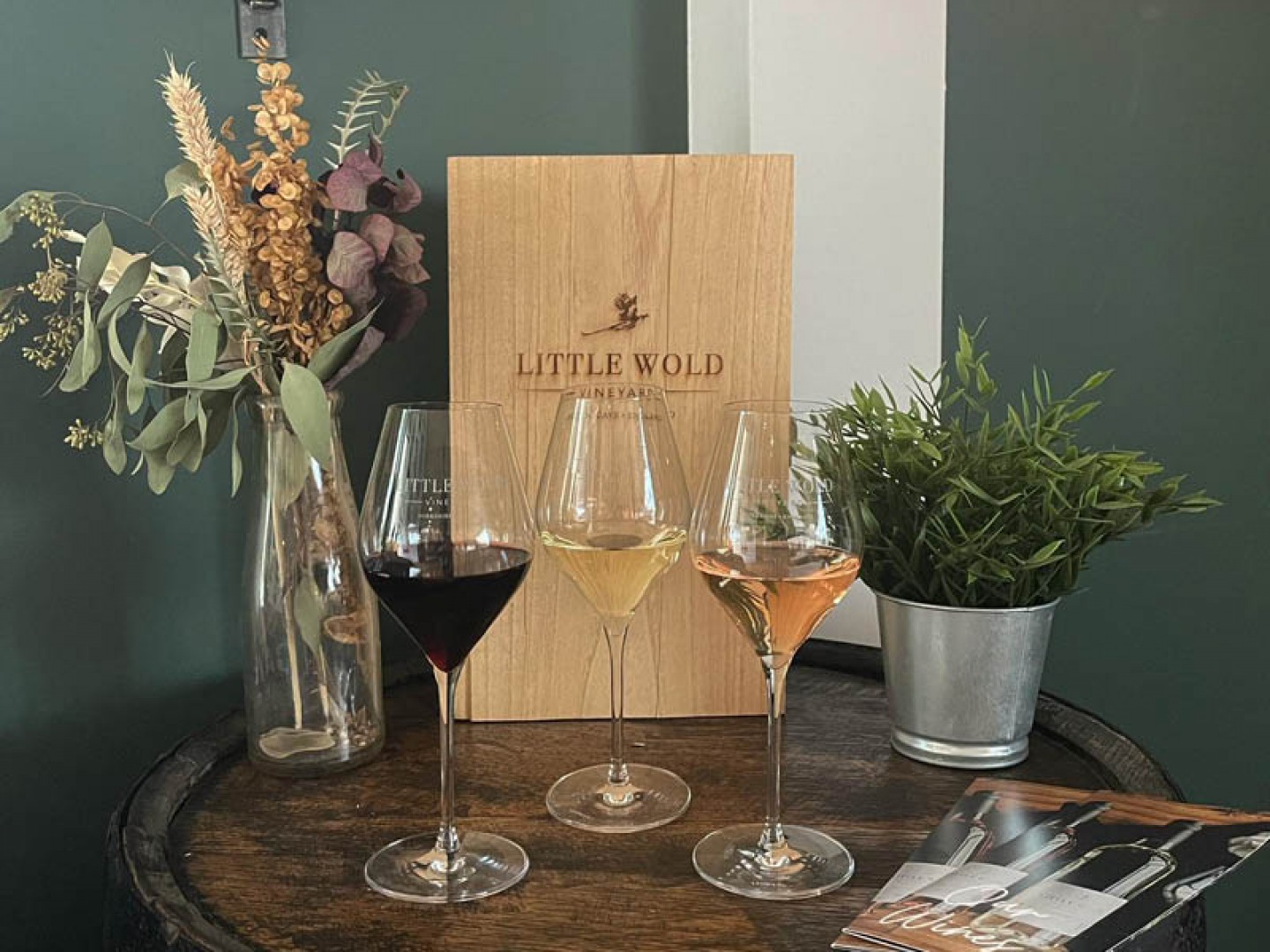
Read More: Planning The Perfect Picnic
For those looking to try English wine this summer, Little Wold Vineyard currently produce a range of seven wines to try. ‘We produce three sparkling wines (two whites and a rosé) as well as two still white wines, a red and rosé,’ Alice says. ‘Our whites range from a really dry to an off-dry, whilst our red wine is really popular and is fairly similar to a pinot noir bourgogne-style – it’s not a heavy red but it is something very drinkable during the day with friends or with a meal. The sparkling wines we produce are all made the traditional way, so the same way Champagne is made, but with our Yorkshire grapes, and they have all won various awards. They’re quality, local and easy to drink.
‘The response we’ve had from our wines has been brilliant and people seem to come back for more. If you like a New Zealand sauvignon blanc or anything like that style of wine, that is almost exactly what English wine is like – light and fruity and the grapes have been carefully looked after. By supporting English vineyards you’re supporting local businesses and pushing a young industry forward.’
Beverley Road, South Cave HU15 2BB
littlewoldvineyard.co.uk





